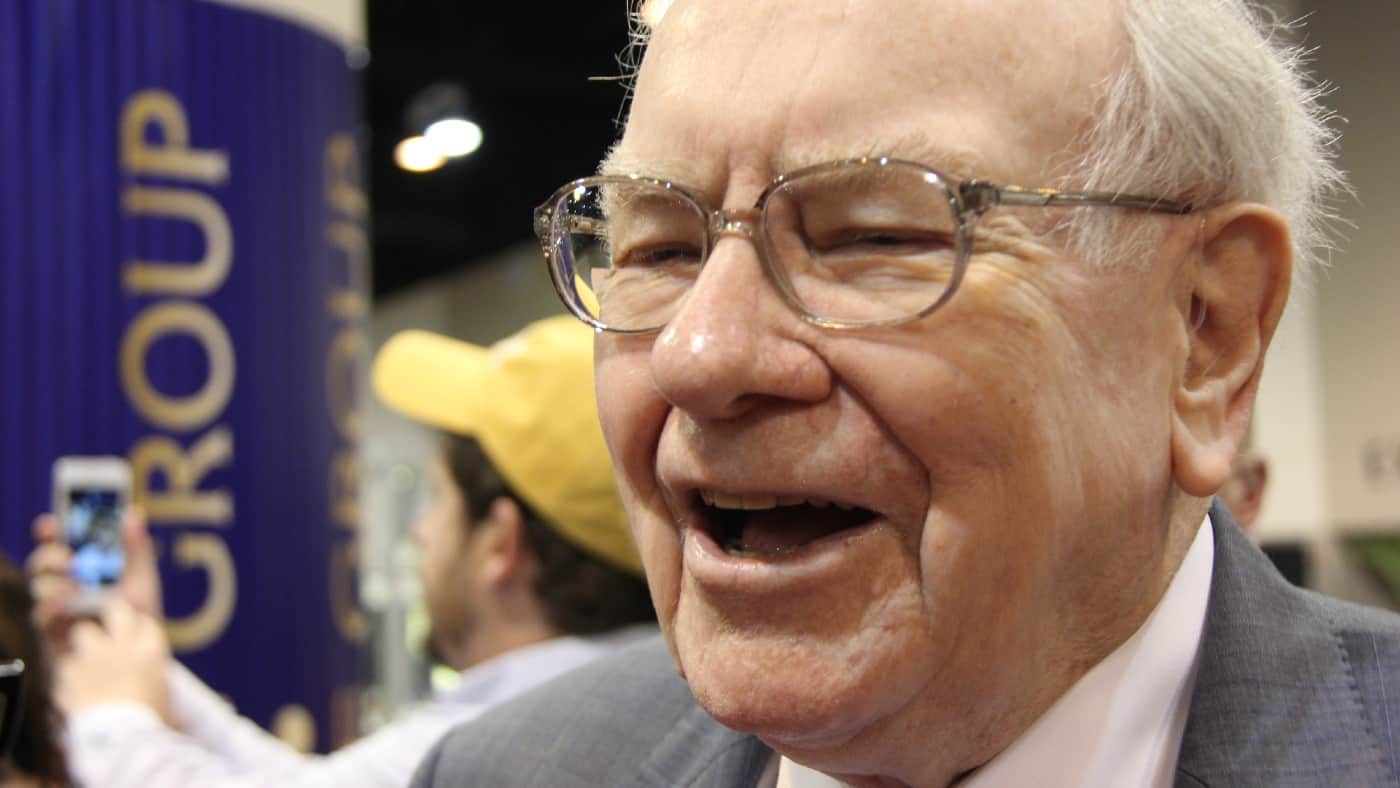Billionaire investor Warren Buffett has done spectacularly well in the stock market over the course of decades.
I might never be as successful as the ‘Sage of Omaha’. But some lessons from his career could potentially help me improve my own stock market performance as I aim to build wealth over years to come from buying shares.
Even if investing just a small amount of money, here are two Buffett tests I use when considering whether to add particular shares to my portfolio.
Fast forward to 2033
Imagine the world in 2033. What will it look like? Nobody knows.
But while nothing is guaranteed, I reckon that companies like Apple and American Express will still be going strong.
That in itself does not mean they might be good investments, although Buffett has large positions in both companies. But what makes a good investment is not just how strong a business is. The price I pay for its shares also matters. Unless I buy at an attractive valuation, I may not see my investment perform well.
But, before I even get to valuation, I consider what a company’s future prospects look like. As Buffett says, if an investor would not consider owning a share for 10 years, he ought not to consider owning it for even 10 minutes.
Practically speaking, that does not mean I actually end up owning every share I buy for a decade, or more. But I find it a useful test to apply when hunting for shares to buy. If I cannot imagine today that a company will be doing well in 10 years and I could hopefully make money by holding it for that period of time, I would not touch it with a bargepole.
That is one difference between investors like Buffett and speculators. The latter may buy a share simply because they think its price could shoot up in the short term. Buffett does not. He aims to buy into what he sees as great businesses when their shares are selling at attractive prices.
Know what I’m buying
Buffett has missed loads of amazing investing opportunities without regretting it.
But why? Because he did not understand the businesses in question well enough to assess their prospects.
So while Buffett may kick himself for having missed amazing opportunities that he understood, he loses no sleep over those that fell outside his circle of competence.
I think that is a helpful lesson for all investors. Success is about buying a little part of a business for less than it turns out to be worth. To assess whether any given situation presents me with such an opportunity, I need to be able to assess what a company is worth.
To do that, I follow Buffett’s advice and stick to my own circle of competence when hunting for shares to buy.








